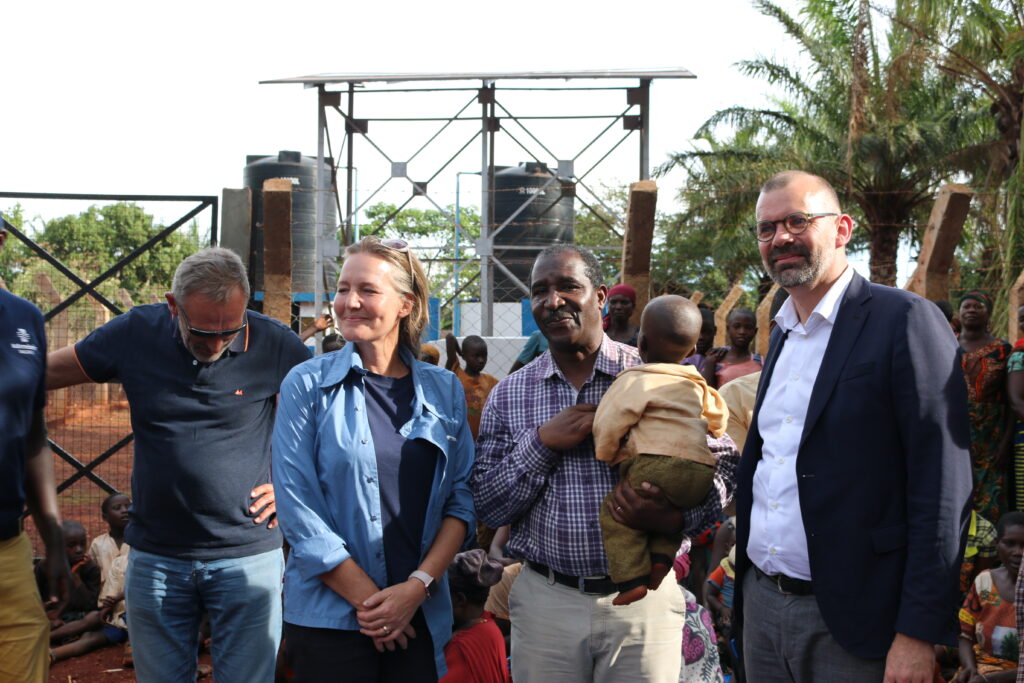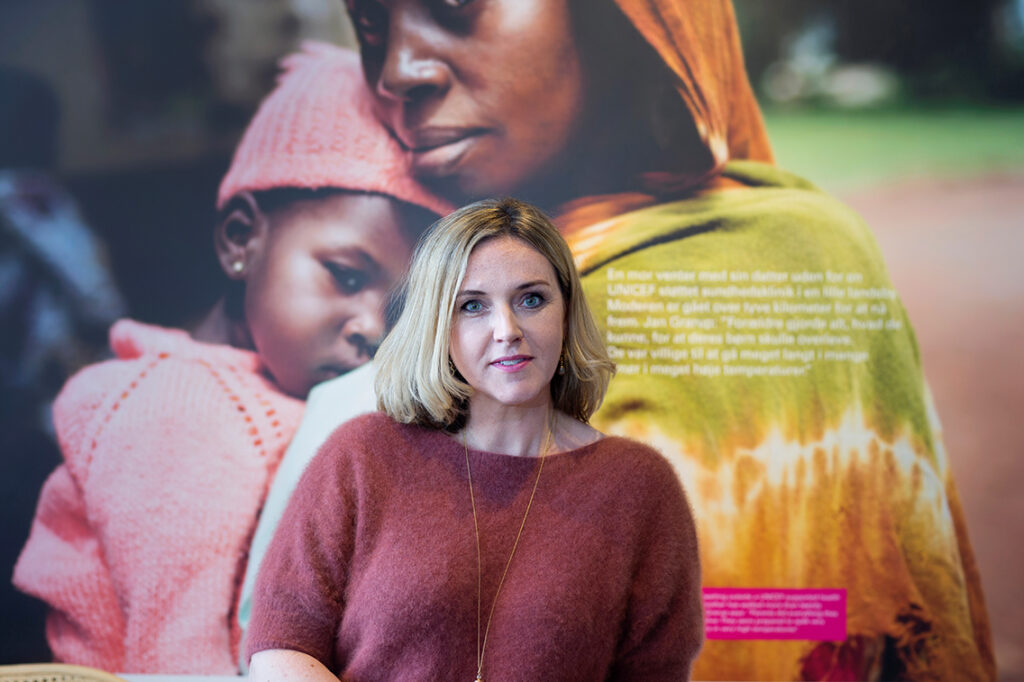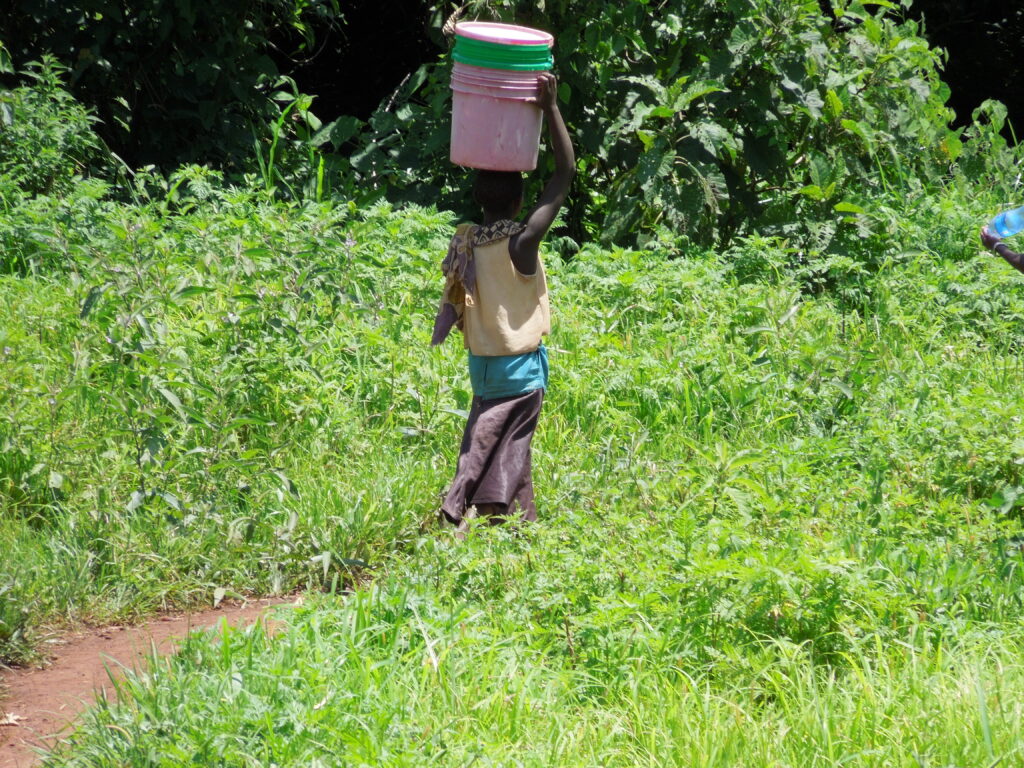Today, 1.42 billion people – including 450 million children – live in areas of high or extremely high water vulnerability. These worrying numbers are documented in a recent analysis by UNICEF. It means that 1 i 5 children in the world do not have access to enough water to satisfy basic needs. One of those areas is the Kigoma Region in Western Tanzania.
In this area, UNICEF and the Grundfos Foundation will create sustainable access to water for 200,000 people over the coming three years – among them many children. The Kigoma Region is home to several vulnerable communities while also housing around 260,000 refugees. To reach the goal, the partners will collaborate closely with local authorities and employ the latest technology.
Secretary General of UNICEF Denmark, Karen Hækkerup, is excited to launch the partnership, and looks forward to making a real difference for the children of Western Tanzania:
”All children have the right to a healthy life where the water they drink doesn’t make them sick. Furthermore, our interventions may help reduce gender inequalities, as girls and women are relieved from the burden of fetching water for the household, so they can attend school and finish their education. So I’m very much looking forward to kicking off this project,” says Karen Hækkerup.
Lack of access to clean water and sanitation is one of the main reasons why children under the age of five die in the world’s developing countries, but it also impacts entire communities’ possibilities to develop and flourish, when time spent on fetching unsafe water can be used more productively.
Technology and collaboration to build sustainability
The project will establish solar-powered water infrastructure in 31 villages with sustainable and long-lived technical solutions. As part of the project, UNICEF will use tTEM technology to locate water in the underground. The technology is also being used by Water Mission in the Foundation’s other refugee community project in Ethiopia.
The entire project will be anchored in close collaboration with local authorities and the Government of Tanzania, as they will play an integral role in future management and operation of the water systems. Over the last four years, the Foundation has established 24 solar-powered water systems in the region, and everyday 470,000 people in and outside Nyarugusu and Nduta refugee camps enjoy clean drinking water from one of the water works. UNICEF also works in the refugee camps.
Record investment
The project will run for 3 years and the Foundation has pledged over DKK 37 million (USD 6 million) toward the partnership, making it the single biggest project in the Foundation’s history. Executive Director Kim Nøhr Skibsted has great expectations for the impact:
”Partnering with UNICEF brings us up to serving 700,000 people in the Kigoma Region with clean drinking water, improving life and expanding opportunities for the people in the area. Our hope is also that the partnership with UNICEF will help create awareness of sustainable technologies, not just in Tanzania, but all over the world”, says Executive Director Kim Nøhr Skibsted.

Kim Nøhr Skibsted (on the right) at the formal handover of Zeze Community’s solar-powered water system in 2019. Photo: Grundfos Foundation
The project in Kigoma includes establishing new and renovating existing water infrastructure to deliver drinking water through solar pumping solutions. The quality of the installations will be secured through close collaboration with the NGO Water Mission, specialised in implementation of solar pumping solutions.
Water facts
- Today, 1.42 billion people – including 450 million children – live in areas of high or extremely high water vulnerability.
- Children in 37 ‘hotspot’ countries face especially dire circumstances in terms of absolute numbers, the proportions of children affected, and where global resources, support and urgent action must be mobilized. This list includes Afghanistan, Burkina Faso, Ethiopia, Haiti, Kenya, Niger, Nigeria, Pakistan, Papua New Guinea, Sudan, Tanzania and Yemen.
- 206 million people have to walk more than 30 minutes per day to fetch water for drinking and cooking. Especially young girls and women must bear this burden.
See also: UNICEF’s report Reimagining WASH – Water Security for All



